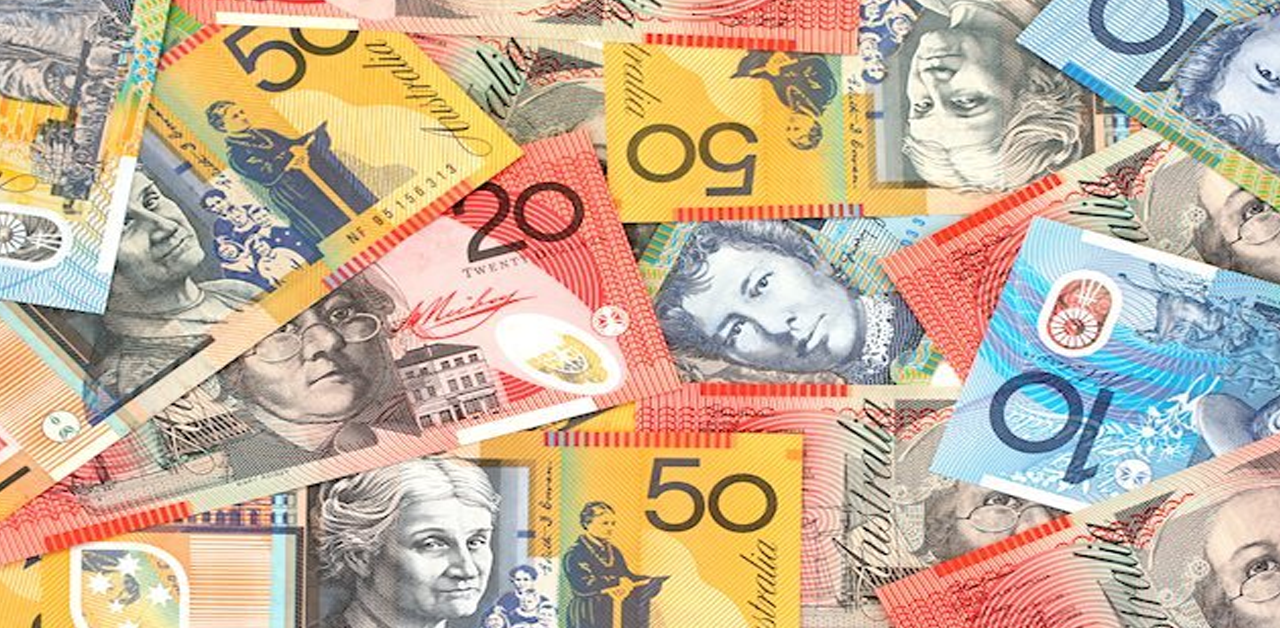EUR/USD Remained Steady Amid Market Uncertainty
The risk-off sentiment that dominated Friday’s market carried over into the European trading week, influenced by recent Russian unrest and a decline in German business sentiment. This decline was anticipated following last week’s disappointing German PMI. Risk sentiment turned more neutral during US trading hours, with US Treasuries giving up all their gains by the end of the day.
The US economic calendar was relatively empty, except for a $42 billion 2-year Note auction, which saw non-primary dealers take a significant portion (around 87%) of the offer – one of the highest shares ever seen. The auction yield was slightly below the 16-year high from February.
The US Treasury will continue its end-of-month refinancing with a $43 billion 5-year Note auction tonight. Changes in the US yield curve ranged from flat to -2.3 basis points, with the middle part of the curve outperforming the extremes. German Bunds also performed well, with yields decreasing between 2.2 and 4.7 basis points. From a technical perspective, the German 10-year yield tested a support level defined by an upward trend line, with the 200-day moving average being a key mark at 2.26%.
European and US stock markets ended the day mixed, with the EUR/USD currency pair remaining relatively unchanged, starting and ending the day just above 1.09.
ECB President Lagarde inaugurated the ECB’s annual forum in Sintra today. Tomorrow’s panel discussion, featuring Lagarde, Fed Chair Powell, BoE Governor Bailey, and BoJ Governor Ueda, promises to be interesting. At the opening reception and dinner yesterday, IMF First Deputy Managing Director Gopinath presented three uncomfortable truths for monetary policy. Firstly, inflation is taking longer than expected to reach the target. Secondly, financial stresses could create tensions between central banks’ price stability and financial stability objectives. Finally, central banks are likely to face more inflation risks than before the pandemic.
Today’s economic data includes US durable goods orders, house prices, Richmond Fed manufacturing index, and consumer confidence. However, their impact on the market is expected to be limited due to upcoming events later this week, such as the Sintra EMU CPI and US PCE deflators. The prevailing market sentiment continues to favor risk-off dynamics.
News and Views
The British Retail Consortium (BRC) reported a slowdown in the rise of UK shop prices in June, with an increase of 8.4% compared to 9% in May. Monthly price growth decelerated from 0.5% to 0.2%. Food price inflation remained at 0.5% month-on-month but decreased from 15.4% to 14.6% year-on-year. Non-food prices remained unchanged for the month and slowed down from 5.8% to 5.4% year-on-year. The CEO of the BRC stated that if the current situation continues, food inflation is expected to drop to single digits later this year. The BRC press release also suggests that if global supply chain costs continue to decline, we might have already passed the peak of price increases. However, given the need for most households to save money, purchasing behavior is likely to prioritize essential needs, with discretionary consumption being deprioritized or delayed.
Yesterday, economic sentiment indicators in Hungary and the Czech Republic reflected ongoing weak economic conditions. Hungarian GKI economic sentiment and business confidence both declined, reaching their lowest levels since November 2020. All four sectors surveyed (industry, construction, trade, and services) experienced drops in confidence for the future. Consumer confidence in Hungary slightly improved but remained historically low.











